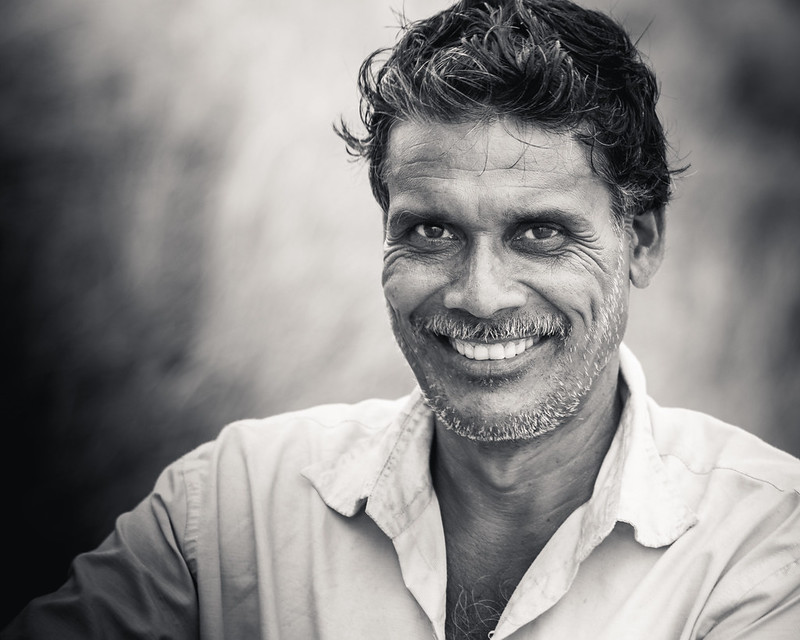While one should not generalize, it could be said that one of the most obvious ways in which the elderly are affected by the aging process is through their mouth. While wrinkles and similar skin complaints often grab the headlines, the teeth, gums and everything around this area is also affected.
This isn’t any coincidence – the aging process does impact these areas more than others. Like it or not, the human body hasn’t evolved to that of a dinosaur, who were historically able to regrow teeth whenever they required.
Bearing this in mind, today’s article will take a look at four of the biggest ways your teeth change as you enter your latter years.
Your mouth becomes drier
We’re not going to get into the in’s and out’s of why your mouth is dry, there are all sorts of resources that cover this. Put simply, it can be through medicine use over the years, or just the aging process in general.
This lack of saliva can wreak havoc from an oral health perspective though. Let’s not forget that this is something that is able to help safeguard your teeth from decay, so its role is crucial. It means that you are immediately more susceptible to gum disease, tooth decay and even a yeast infection in the mouth.
Your gum starts to recede
Another obvious issue that tends to affect the elderly are receding gums. The problem with this isn’t necessarily the aesthetics (although this is what many of us focus on), but rather what can happen as a result of these receding gums. Suddenly, as the gum has pulled away from your teeth, you are exposing the them. It means that bacteria has a safe haven to build and ultimately cause problems.
For some people, this is caused because the rigors of hard brushing through their life. For others, it’s because of periodontal disease.
Your teeth will wear down
“Wear and tear” is a phrase that may often be reserved for the automobile industry, but unfortunately the same rules apply with teeth. They are used each and every day and whether it’s through grinding, biting or anything else – they will start to feel their age.
Let’s not forget that your teeth are incredibly strong, but you will notice a visible difference if you compare them to what they perhaps looked like several years ago.

You become more at risk from oral cancer
There is a huge caveat with this final point as while you are at a higher risk of suffering from oral cancer as you get older, this is mainly due to lifestyle choices. In other words, if you have smoked for your entire life, as soon as you reach 40 this is the age where things start to catch up with you and the chances multiply.
As such, oral cancer isn’t directly related to age, and those of you who haven’t smoked are much less likely to suffer from it.
